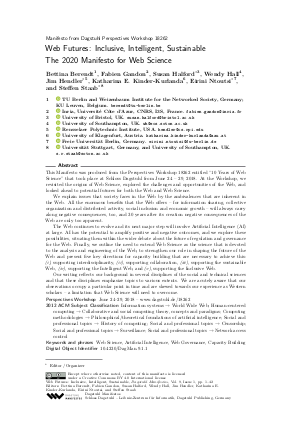DagMan.9.1.1.pdf
- Filesize: 1.08 MB
- 42 pages

 Creative Commons Attribution 4.0 International license
Creative Commons Attribution 4.0 International license



































Feedback for Dagstuhl Publishing